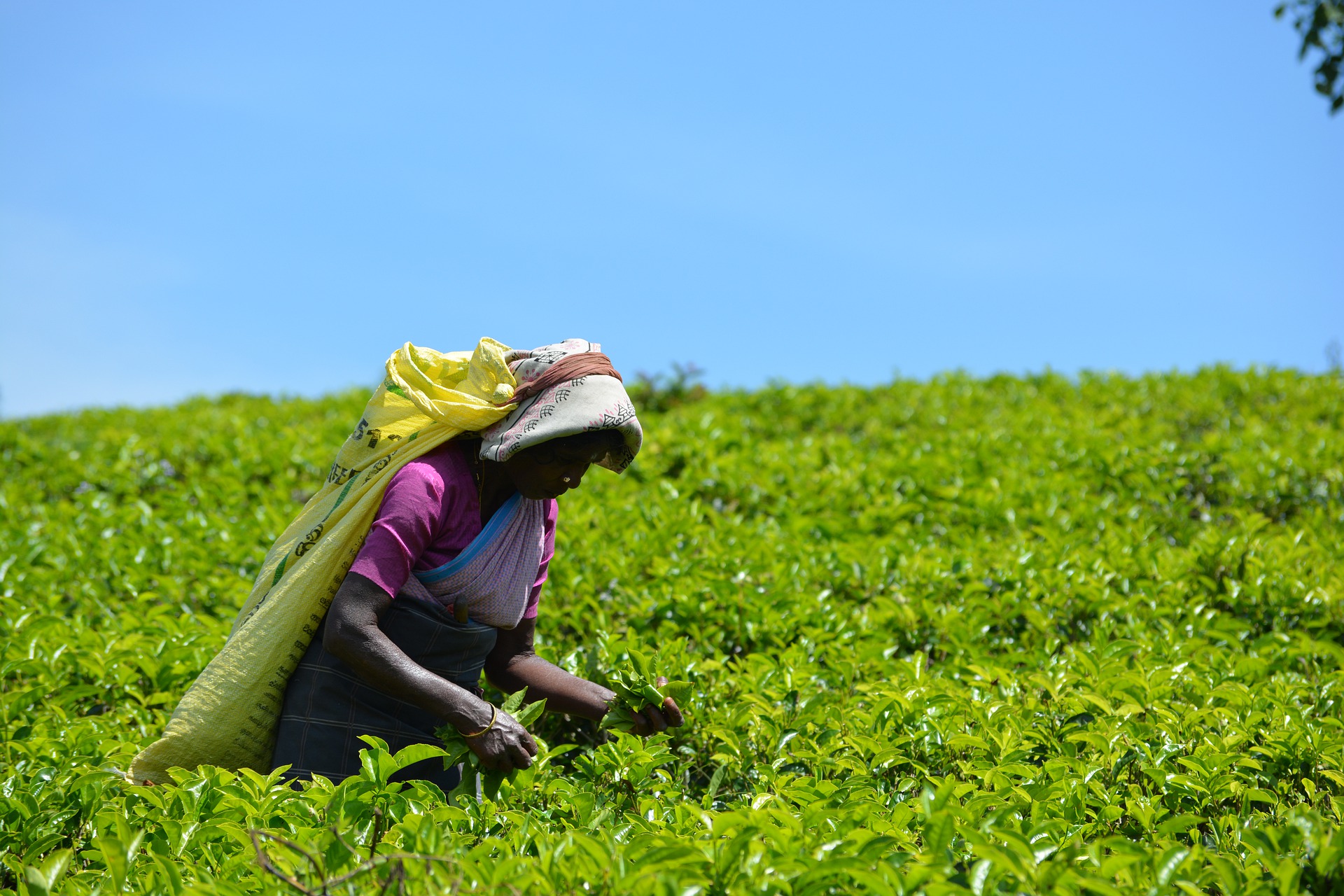
| Name: | Evaluation of DG ECHO’s Actions in Zimbabwe |
| Year: | 2006 |
| Client: | DG ECHO |
| Country: | Zimbabwe |
| Background: | In 2000 ECHO began channeling relief to Zimbabwe to save lives and alleviate the suffering caused by Cyclone Eline. With the onset of a severe and well publicized drought in 2002, ECHO stayed and eventually opened an office in January 2003. With land reform, other political and economic developments, and another drought in 2005 the crisis evolved but continued to be primarily characterized by: (i) severe shortages of staple food, drugs, water, fuel and energy; (ii) hyperinflation (200-1,200%); (iii) the collapse of government funded services and social safety nets; and (iv) deepening rural and urban poverty. Equally ECHO’s portfolio evolved guided by the changing nature of the crisis and by responses based upon best practices in humanitarian aid (HA). |
| Objectives: | Evaluation sough to answer questions at three levels of ECHO’s strategy: Global; Operational; and Sector. At the Global Strategy Level, the analysis was about the development of the humanitarian situation in Zimbabwe and the extent to which DGECHO was able to adapt its strategy. It also assessed the degree to which the funded actions maximized on coordination, coherence, complementarities and value-addition with respect to other donor and government instruments and draws conclusions and recommendations on future LRRD strategy. At the operational level, the question was about the intervention logic-vis-à-vis the objectives of the specific decisions taken. Issues of management and monitoring capacity were also examined. Finally, at the sectoral level, the study assesses adequacy of results achieved by the funded operations against stated objectives. |
| Activities: | The evaluation team held in-depth meetings with the ECHO Technical Team,the Head of the EU Delegation to Zimbabwe and relevant professionals within the EC Delegation. Interviews were held with 13 ECHO Partners, half of which were subsequently randomly selected for detailed project follow-up through beneficiary interviews in targeted districts. At least two partners per thematic area and one district per partner were randomly selected for these field visits. Homogeneity in packages of assistance offered per thematic area enabled the team to emphasize depth, as opposed to breadth of coverage of operations. At the end of the country visit, the Team shared their preliminary findings and recommendations with ECHO Partners through a Workshop |
| Special Recognition: | |
| Publications: | http://www.alnap.org/resource/3439.aspx |


